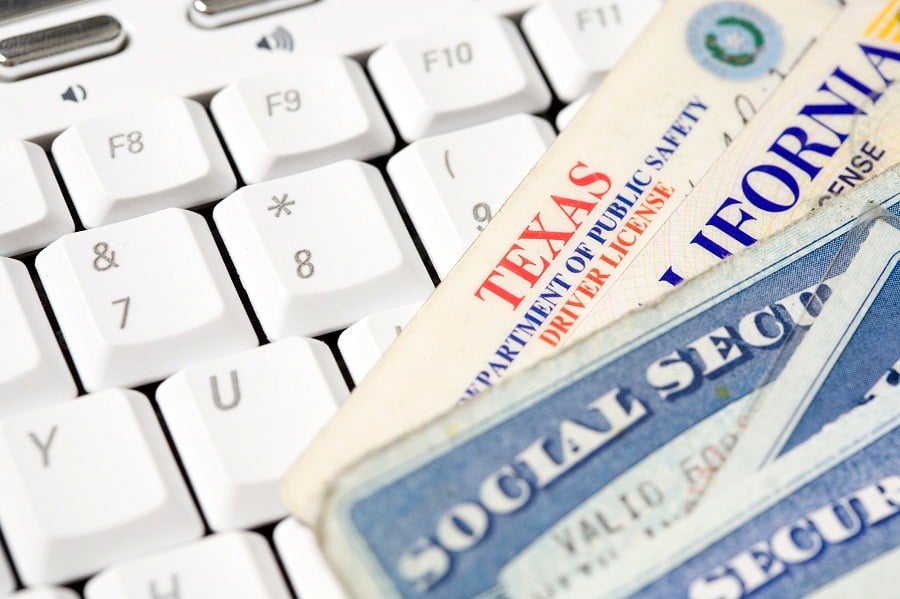

The Social Security Administration closed its field offices to the public in March 2020 amid the Covid-19 pandemic to protect its employees and the vulnerable elderly and disabled population they serve. Fourteen months later, the agency has unveiled a new “express interview” process to help individuals apply for original or replacement Social Security cards and submit necessary proof of identity in person.
But the majority of the public must continue to rely on the agency’s revamped and expanded online services to apply for Social Security and Medicare benefits and to access related critical information, such as estimates of future benefits.
Social Security is a massive federal program that touches nearly every American’s life, whether it's paying FICA taxes during their working years to fund benefits for current recipients or collecting disability, retirement or survivor benefits on their own earnings record or that of a spouse or parent.
Through the end of 2020, nearly 65 million people received disability, retirement, and survivor benefits. As of Dec. 31, approximately 88% of the population age 65 and older were receiving benefits.
In 2021, the Social Security Administration estimates that about 176 million people will work in Social Security-covered employment or self-employment, representing 94% of the nation’s workforce. Public employees in a dozen states do not participate in Social Security because they're covered by their own state-run retirement systems.
Effective last Friday, Social Security field offices and card centers around the country began offering a new “express interview” option that will allow eligible individuals to apply for an original or replacement Social Security card and submit necessary evidence — such as an original or certified copy of a birth certificate, driver's license or passport — in person rather than mailing those original documents to the agency. The in-person express interviews are designed to last approximately 5 to 7 minutes.
In its emergency message last Thursday, the Social Security Administration said, “This process was established to address the challenges the public has faced providing enumeration and documentary proofs during the Covid-19 pandemic.”
To be eligible for the new express interview option at field offices, an individual must be age 12 or older and applying for an original Social Security card, or need to update or correct their information, such as a name change due to marriage or divorce, date of birth or change of citizenship status.
In addition, individuals may request an express interview if they are unable or unwilling to mail their original documents as proof of their identity, preferring to retain possession of those documents while showing them to Social Security representative during an in-person interview.
One of the silver linings of the pandemic is that the Social Security Administration has made it easier to conduct business online and over the phone. You can apply for retirement, disability and Medicare benefits without having to visit a local Social Security office.
For example, in the past, individuals who were eligible to file a restricted claim for spousal benefits at their full retirement age or later had to go to their local SSA office in person to switch from spousal benefits to their own larger retirement benefit. Now they can do that online.
Go to www.ssa.gov. On the main page, click on “Online Services” and then select “Apply for Benefits.” Individuals who are currently collecting benefits on their spouse’s earnings record can start a new application for benefits under their own Social Security number. In the “Remarks” section at the end of the application, they can explain they want to switch to their own maximum retirement benefits beginning in the month they turn 70.
There are numerous other tasks you can accomplish online. You can access your personal earnings history and estimated benefits by setting up a secure account at www.ssa.gov/myaccount. From there, you can retrieve estimates of your future retirement benefits, disability benefits or survivor benefits for you and your eligible family members. You can also review your earnings history over your entire career and compare future retirement benefit estimates at different ages or dates when you want to start receiving benefits. And you can request a replacement Social Security or Medicare card from your personalized account.
If you are already receiving benefits, you can manage your account by changing your address or direct deposit information online.
You can also find help and answers to the most frequently asked questions, and links to informative publications on the website.
And if you can’t find the help or answers you need online, you can always call the national toll-free number (800-772-1213) or use the field office locator to look up the number of your local Social Security office by zip code.
[Questions about Social Security rules? Find the answers in Mary Beth Franklin’s ebook at Maximizing Social Security Retirement Benefits]

President meets with ‘highly overrated globalist’ at the White House.

A new proposal could end the ban on promoting client reviews in states like California and Connecticut, giving state-registered advisors a level playing field with their SEC-registered peers.

Morningstar research data show improved retirement trajectories for self-directors and allocators placed in managed accounts.

Some in the industry say that more UBS financial advisors this year will be heading for the exits.

The Wall Street giant has blasted data middlemen as digital freeloaders, but tech firms and consumer advocates are pushing back.
Orion's Tom Wilson on delivering coordinated, high-touch service in a world where returns alone no longer set you apart.
Barely a decade old, registered index-linked annuities have quickly surged in popularity, thanks to their unique blend of protection and growth potential—an appealing option for investors looking to chart a steadier course through today's choppy market waters, says Myles Lambert, Brighthouse Financial.
